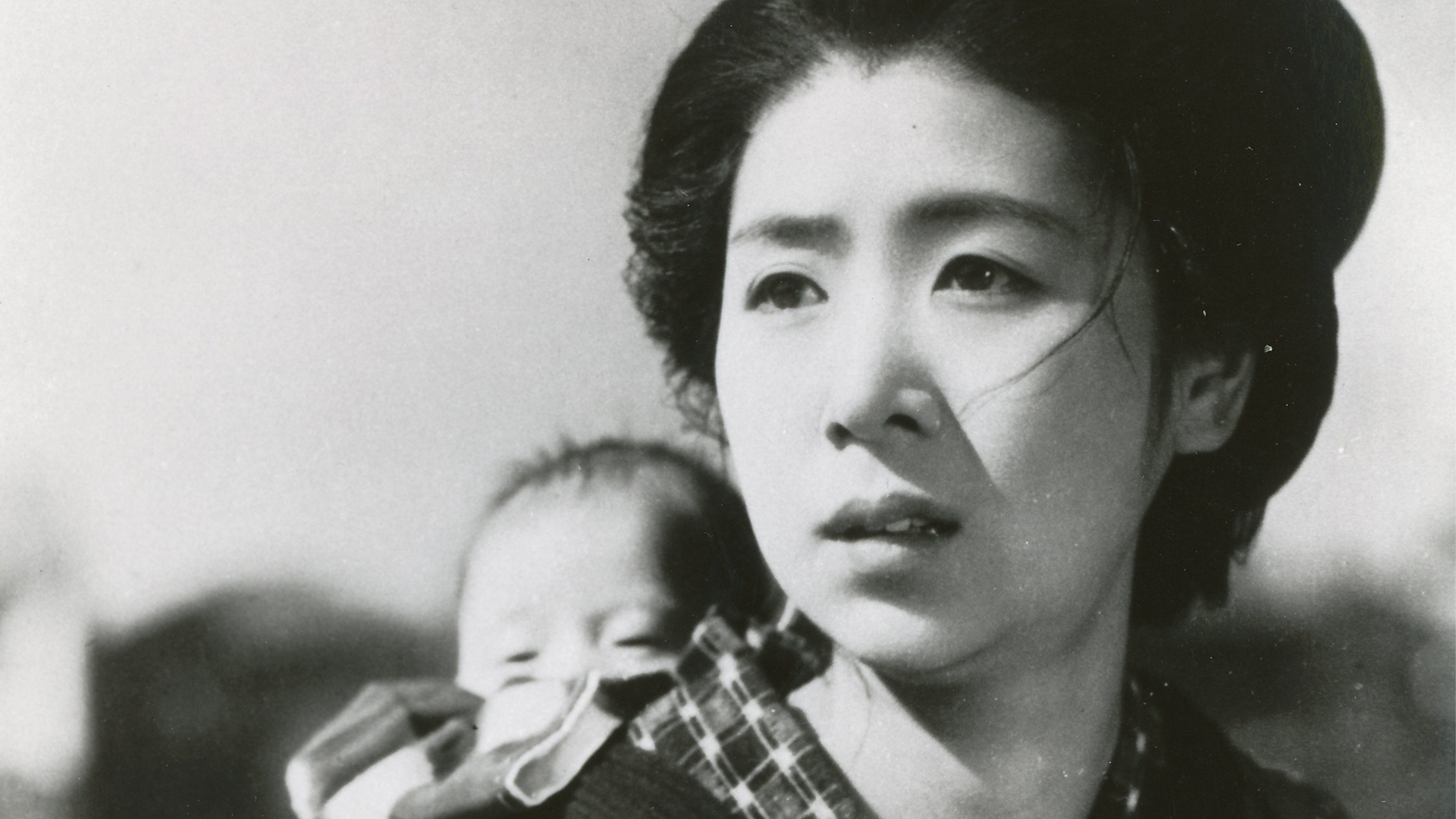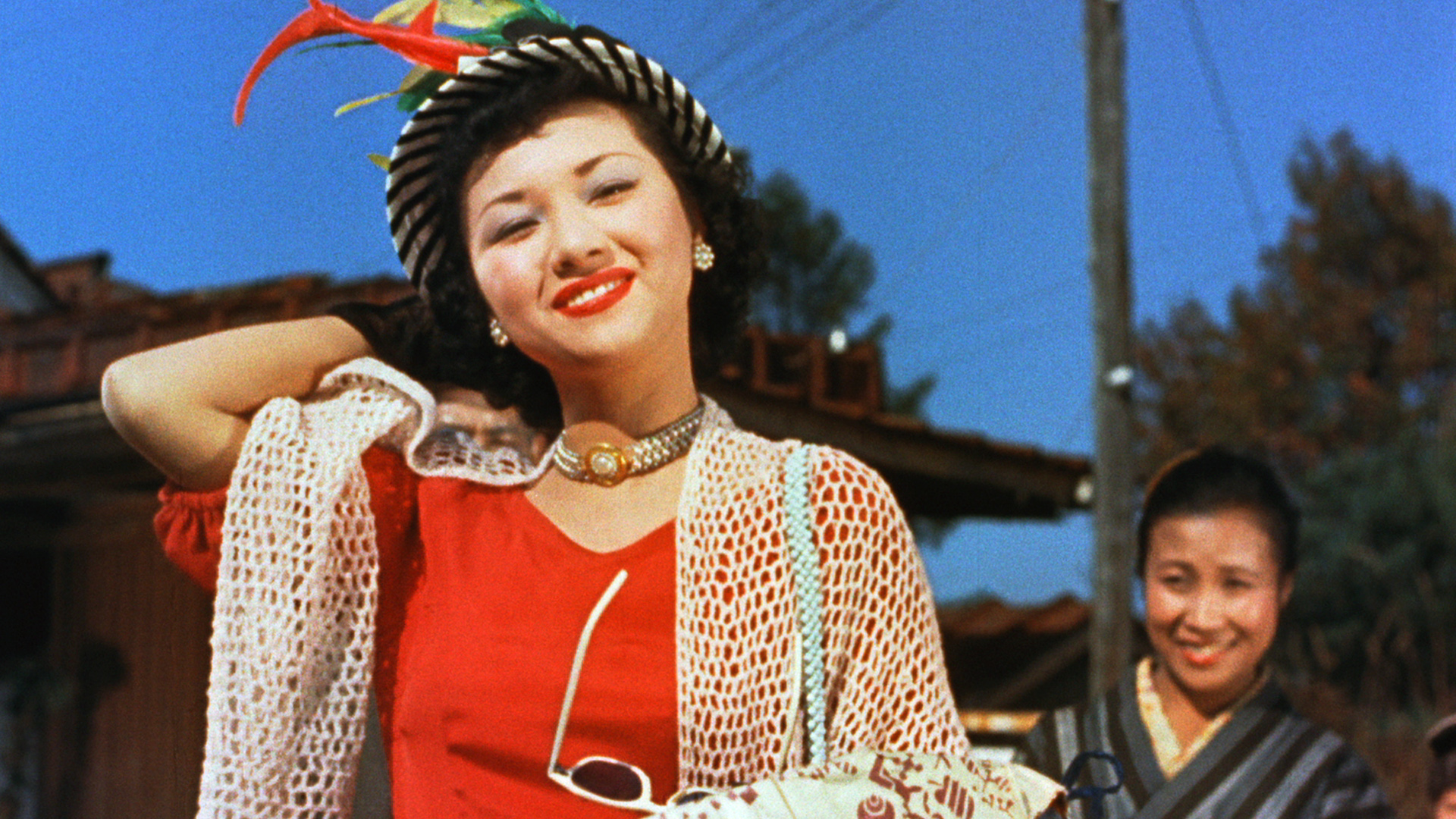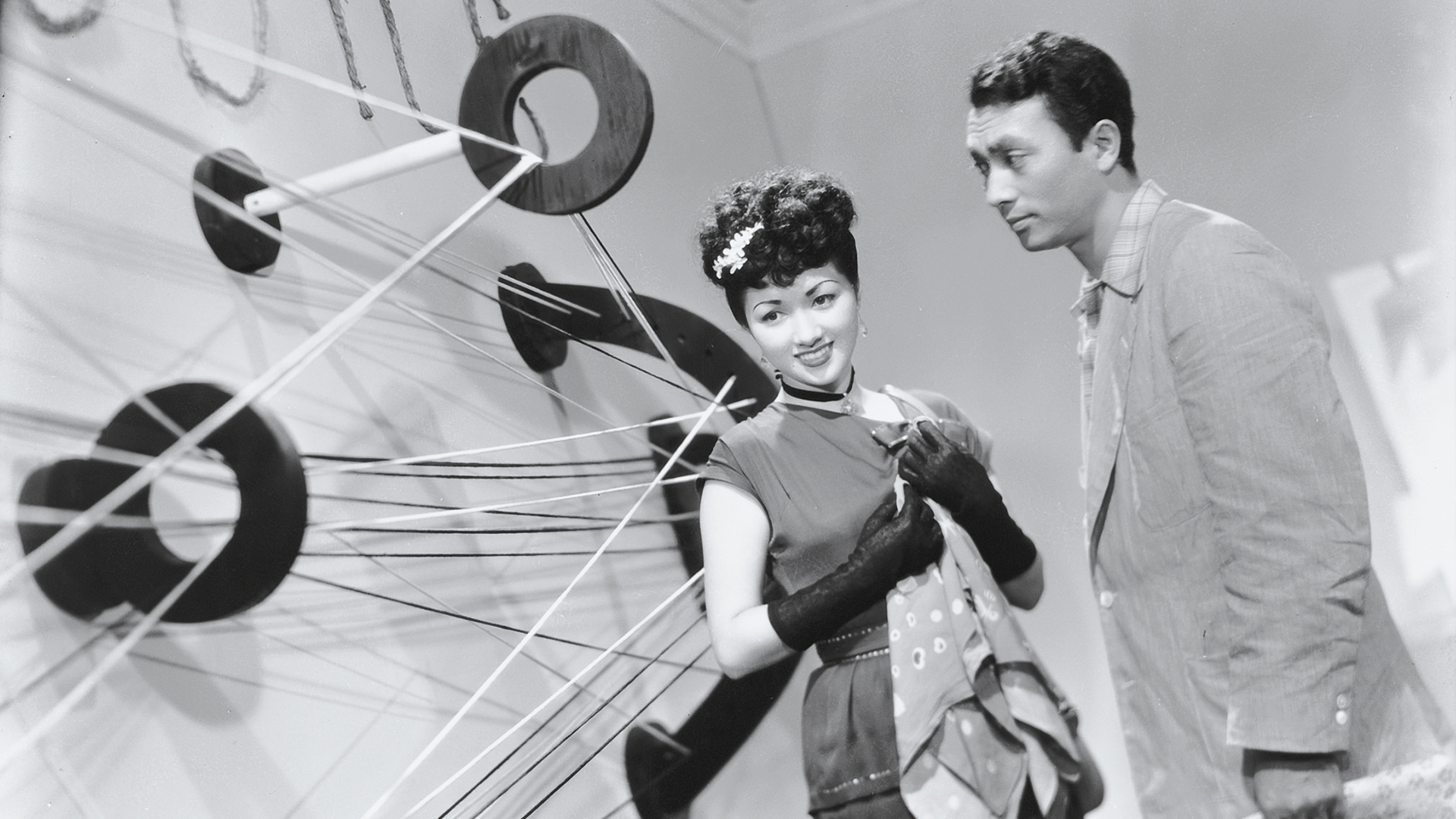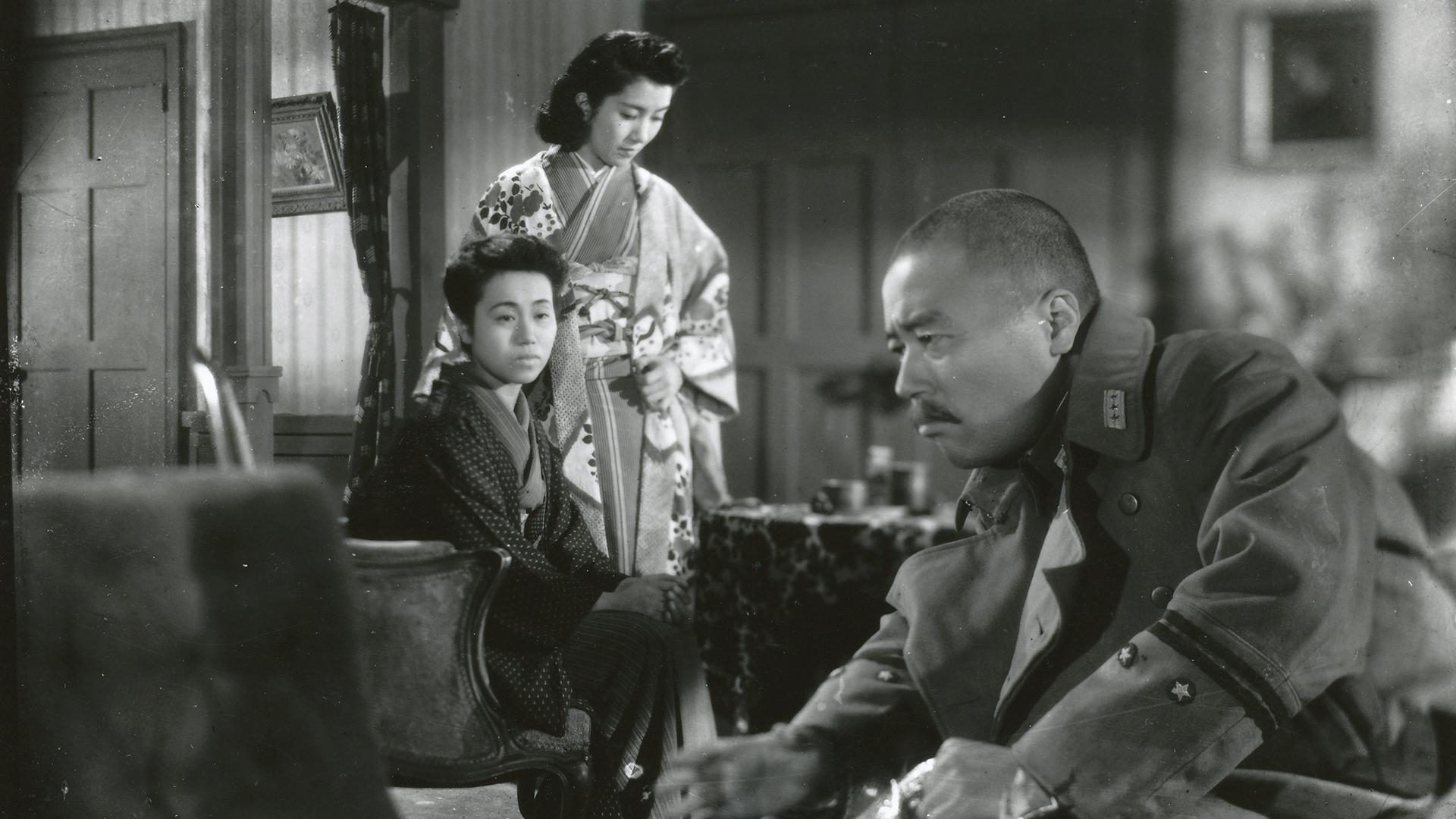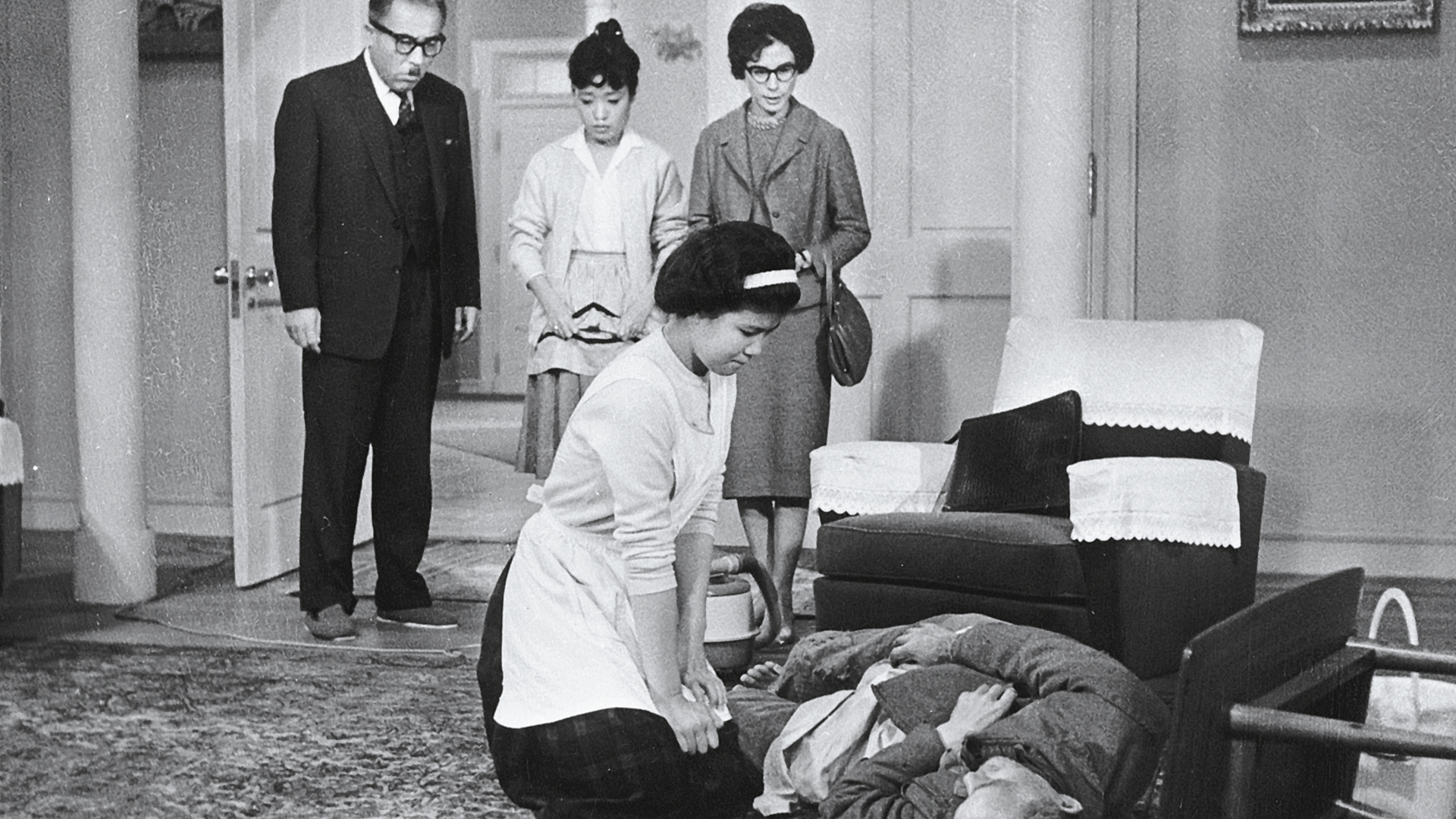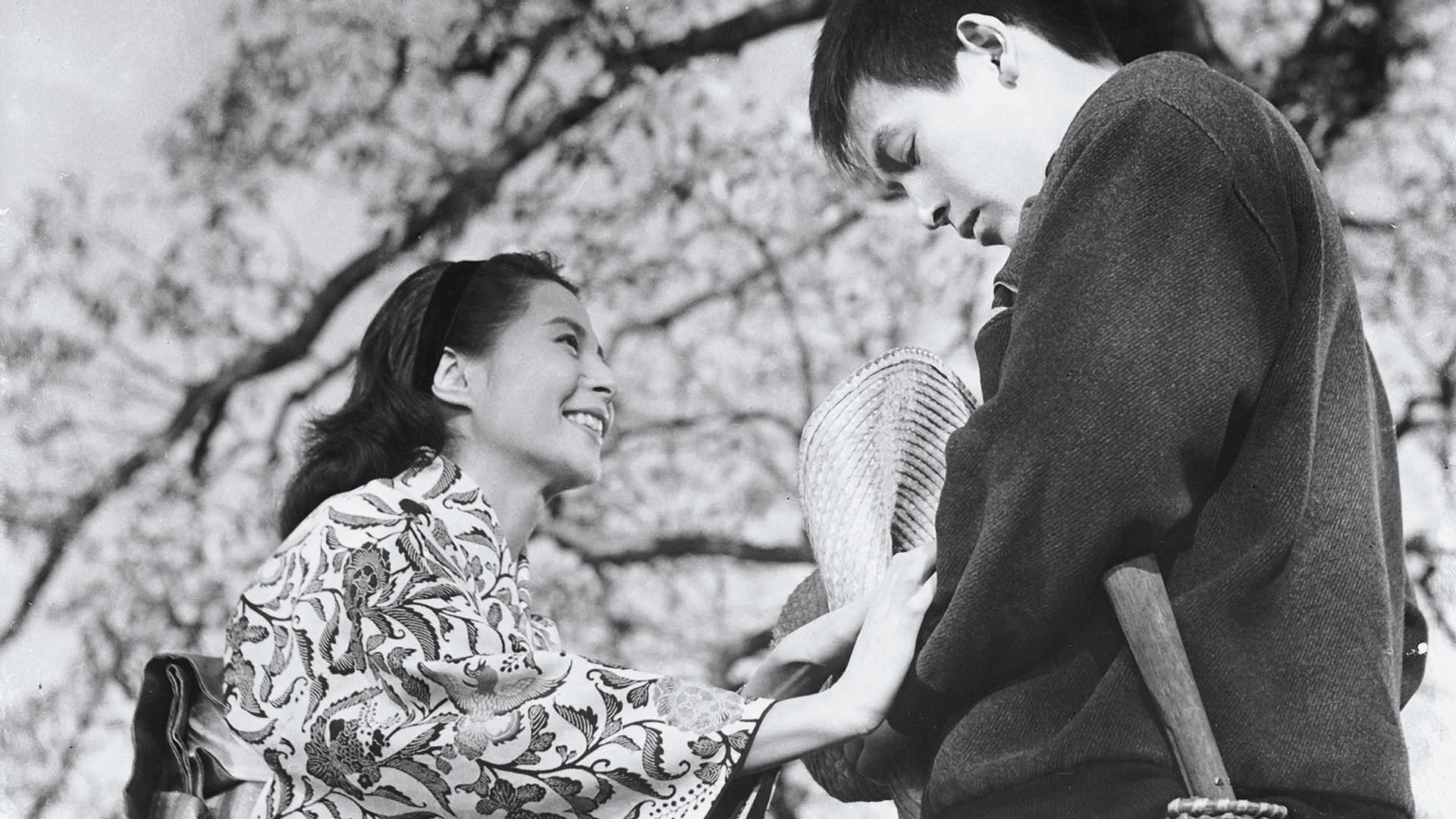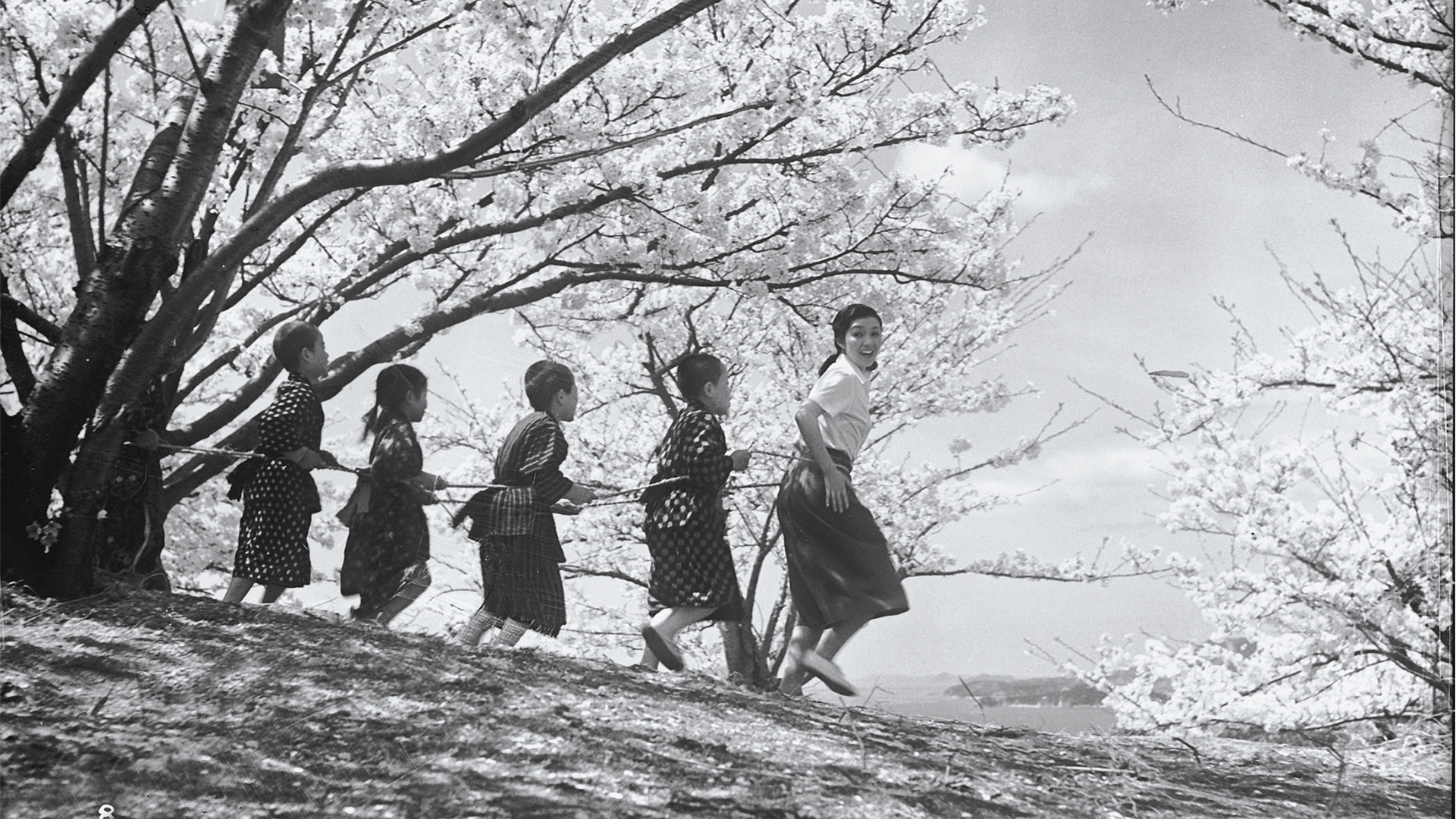² Nippon Retro
Keisuke KINOSHITA (1912-1998) is considered one of the most important Japanese directors. Starting in 1943, he made popular dramas, comedies, romances, ghost stories and noir films for Studio Shochiku, finding strong images even within conventions. After ARMY (1944), he was not allowed to work until the end of World War II. From 1945 on, the tension between the past and the hope for a new beginning was his central theme. The suffering, responsibility, and moral challenge of the individual are at the heart of many of his dramas. KINOSHITA’s rejection of feudal, militaristic Japan is clearly visible. With CARMEN COMES HOME (1951), he brought the first Japanese color film to the cinema, a summer comedy with serious overtones. KINOSHITA, who also repeatedly addressed the contrast between country and city, is considered the central humanist of post-war Japanese cinema. His sensitively-portrayed characters and their fates continue to touch audiences today. The nine films in the retrospective will be shown on 16mm and 35mm film prints from the archives of the Japan Foundation Tokyo. In cooperation with Japan Foundation Tokyo and the Japanese Cultural Institute of Cologne, with the friendly support of Kulturfonds Frankfurt RheinMain.




